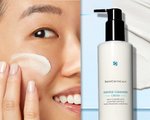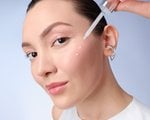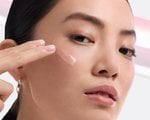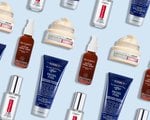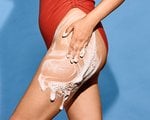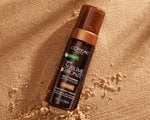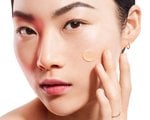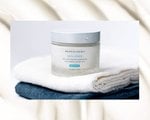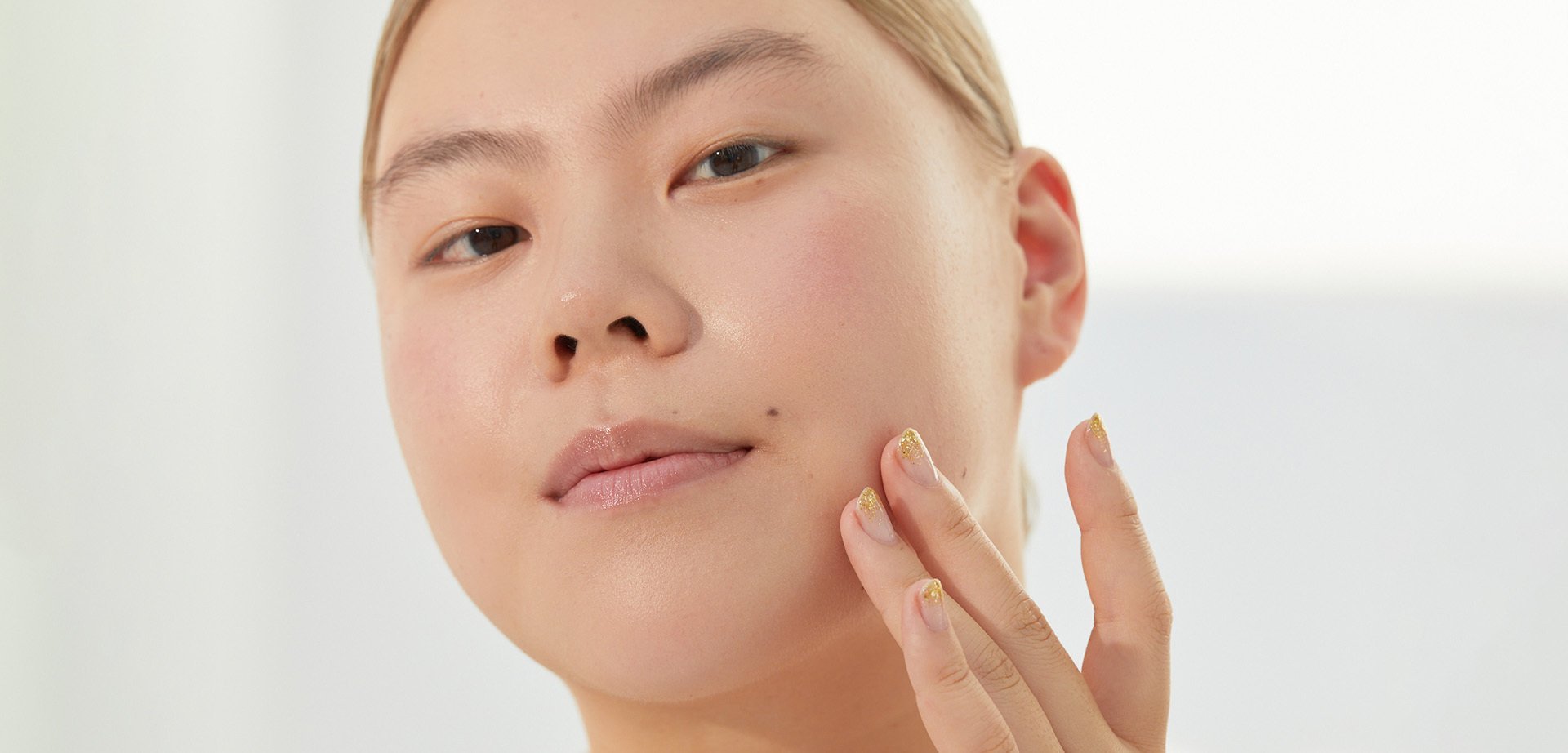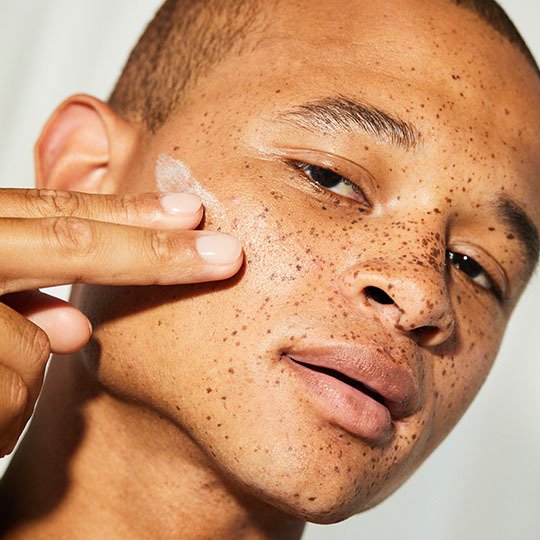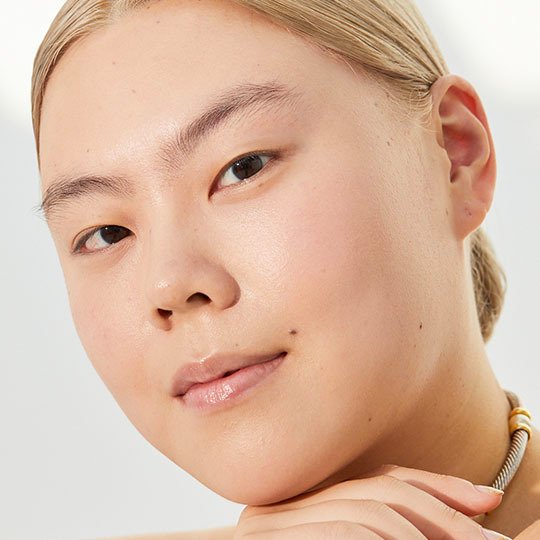Eyelid Dermatitis: What We Think You Should Know
July 22, 2022
What Is Eyelid Dermatitis and Its Causes?
“Eyelid dermatitis is the inflammation of the eyelid skin and can affect both the upper and lower eyelids,” Dr. Lazic advises. “The skin condition typically presents with redness, dryness, scaling, sometimes swelling, itchiness or burning.”
Eyelid dermatitis is a form of eczema, or contact dermatitis. “In up to 50% of the cases, it’s due to contact dermatitis, which occurs when the skin comes in contact with a substance that it’s allergic to or irritated by,” Dr. Lazic says. “Things like ingredients in skincare or hair-care products, metals from jewelry or even nail polish can cause this type of irritation.”
The risk for developing eyelid dermatitis increases if you have a history of eczema on other parts of your body, have sensitive skin or use too many active ingredients like retinoids, acids and toners in your skincare routine. If contact dermatitis isn’t to blame, Dr. Lazic notes that frequent rubbing of the eyelids and a lack of moisture in the area can also cause eyelid dermatitis.

How to Combat Eyelid Dermatitis
Work With Your Dermatologist
According to Dr. Lazic, prevention and treatment of this type of condition depends on the cause of the dermatitis. “Eczema is chronic and can be managed with the help of a dermatologist,” she says. “But, if you’re dealing with a skin allergy, the gold standard of diagnosis and prevention is patch testing.
Maintain a Healthy Skin Barrier
According to Dr. Lazic, it’s important to moisturize the eyelids regularly with gentle products to help maintain a healthy skin barrier. If over-the-counter lotions don’t help, talk to your dermatologist about prescription-strength treatments.
Avoid Applying Harsh Ingredients Around the Eyes
“Avoid applying acids like AHAs and BHAs, prescription strength retinoids, alcohol-based products and chemical sunscreens around the eyes,” says Dr. Lazic. Dermatologists also recommend that you stick to fragrance-free products.
Photos: Melissa San Vicente-Landestoy
